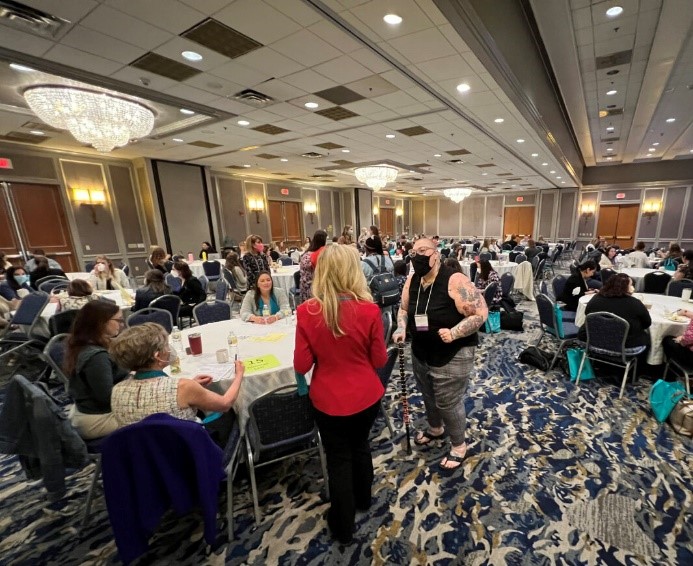MEDA Conference 2025 is scheduled for May 1 and 2. Registration is expected to open mid January 2025.
CLICK HERE to submit for our Poster Sessions.
Each year, MEDA holds a national professional conference designed to provide training in the medical, psychological, nutritional, social and cultural aspects of eating disorder treatment. We organize the event to offer education that meets the needs of both highly experienced providers and those new to the field.


Help Us Save More Lives
Every 52 min someone dies from complications due to an eating disorder and 28.8 million people in the US will struggle with an eating disorder.
Donate Now! Healing Shop



